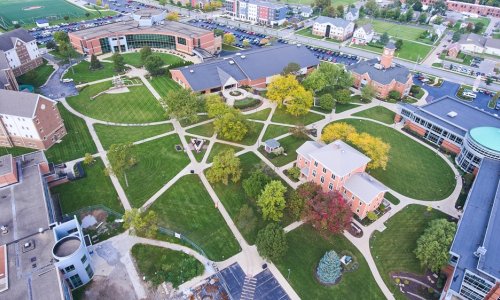- Home
- Colleges
Find a School
Here, you can find all the information FIRE has compiled about a school you care about, giving you the full picture of the state of free speech on campus.
First, FIRE rates the policies that regulate student expression at over 486 colleges and universities. Schools are rated annually as “green light,” “yellow light,” or “red light” institutions based on the extent to which they restrict free speech.
You can also find information here about the climate for free speech at the over 200 institutions included in FIRE’s College Free Speech Rankings. These rankings score schools on seven main components designed to help students and parents make enrollment decisions.
FIRE also rates the disciplinary procedures at 53 top colleges and universities. These schools are rated annually based on 10 fundamental elements of due process identified by FIRE.
Last, you can find any cases FIRE has been involved in or articles FIRE has written about a particular school since 1999.
